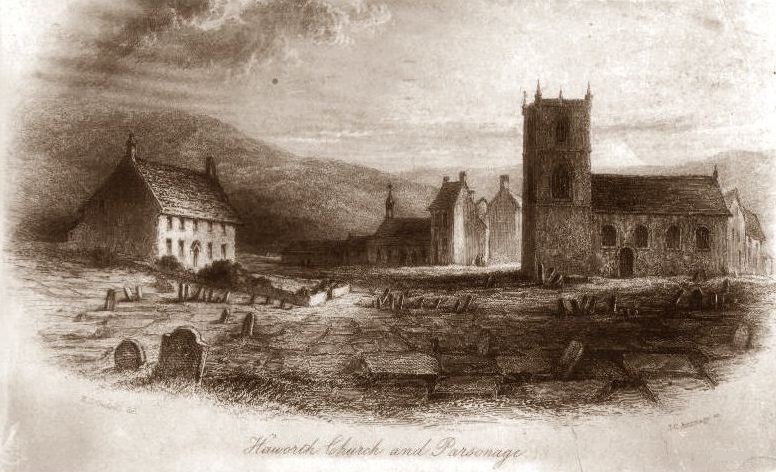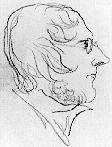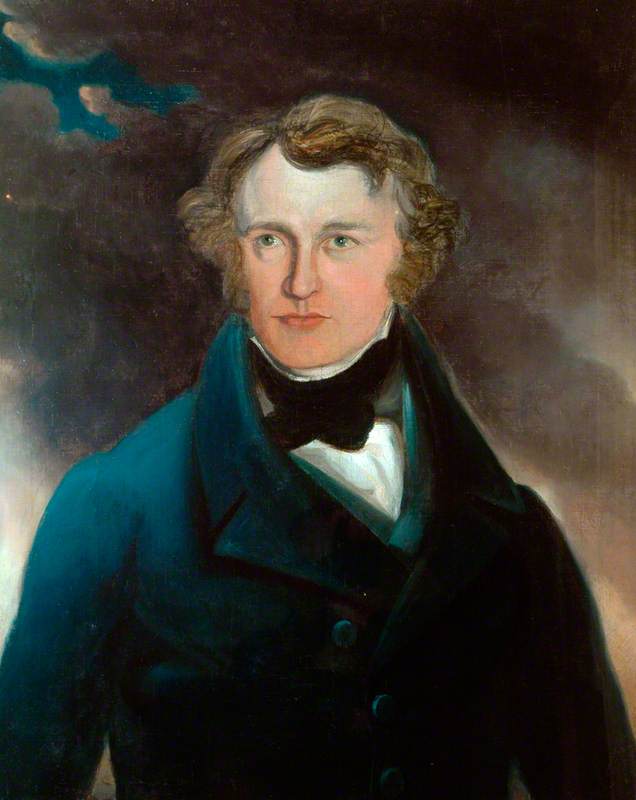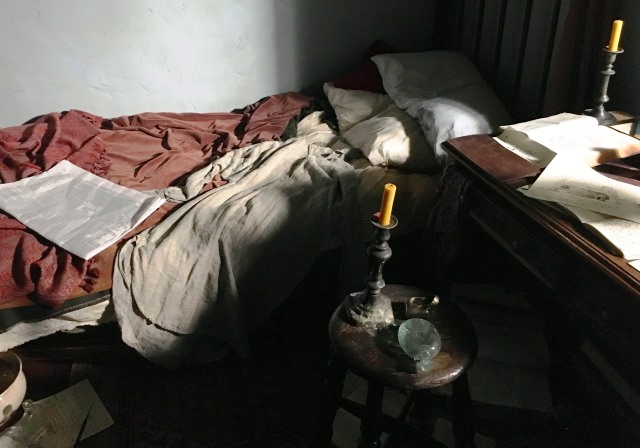In my talk in Brussels next Saturday, “Doubt, Defiance and Devotion – Faith And The Brontë Sisters’, I will be looking at the religious attitudes of Charlotte, Emily and Anne Brontë, and the impact that faith had on their work. There’s also another Brontë with an enigmatic attitude to faith to consider, however, so in today’s new Brontë blog post we will be looking at Branwell Brontë and religion.

Branwell Brontë, as you probably know, was the only male among the six Brontë siblings born to Patrick and Maria. As such it would have been expected that he would become a future breadwinner for the family, and able to support his sisters if they were unable to find work, or suitably wealthy husbands, themselves. It was a lot of pressure to be placed on the shoulders of such an emotionally volatile man, and I’m sure we all know the demons Branwell battled with in his adult life.

Branwell would also have been expected to take a leading role as the only son of the parish priest, and this would have involved more than simply sitting in the Brontë pews during the Sunday services. We know that Branwell, like his sisters, was a teacher at the Haworth Sunday school founded by Patrick Brontë, and reports from pupils at the school show that he was, at least initially, a keen and diligent teacher.
In September 1833, Patrick Brontë sent a letter to his parishioners with a bold plan to enliven the church he served at. The letter read:
“I have spoken to several people concerning the organ. All seem desirous of having one if the money can be procured. Miss Branwell says she will subscribe five pounds, and some others have promised to give liberally. Mr Sunderland, the Keighley organist, says he will give his services gratis on the day of the opening of the organ, and, in general, the real friends of the church are desirous of having one. A player can also be readily procured.”
The player could easily be procured by Patrick because he had his own son in mind, and Branwell became a regular organist at Haworth church services. It was at least partly to help Branwell with his organ playing that Patrick bought and installed a second hand piano in his parsonage, although it was Emily and Anne Brontë who enjoyed playing it the most.

We can guess that as Branwell’s life became more chaotic, and as he became more a slave to his drink and drug addictions, his attendance at church would have become less frequent before ceasing altogether. Days spent in bars were infinitely more preferable to him than days spent in the pews, but at the very end of his life he showed that his faith still burned somewhere within him.
Sunday 24th September 1848 saw Branwell Brontë confined to his bed in Haworth Parsonage. He had been there, growing frailer and frailer for many weeks, and on this day his great friend, and village sexton, John Brown was by his bed.

Brown was about to leave this gloomy chamber to ring the bells summoning people to church but Branwell called out suddenly, ‘John, I’m dying!’ Patrick, Emily, Anne and Charlotte were called to his room. Charlotte later recalled the scene. Patrick prayed fervently, and Branwell at last whispered a word that had not escaped his lips for a decade: ‘amen’.With a Herculean effort he rose from the bed, embraced his father, and died. Branwell Brontë’s faith had been tested sorely, but at the final moment it brought him strength and solace.
You can find more details on my talk at this link: https://www.thebrusselsBrontëgroup.org/events/ If you can’t make it to Brussels, you can join me here next Sunday for another new Brontë blog post.
